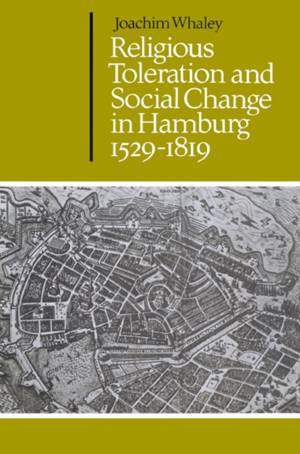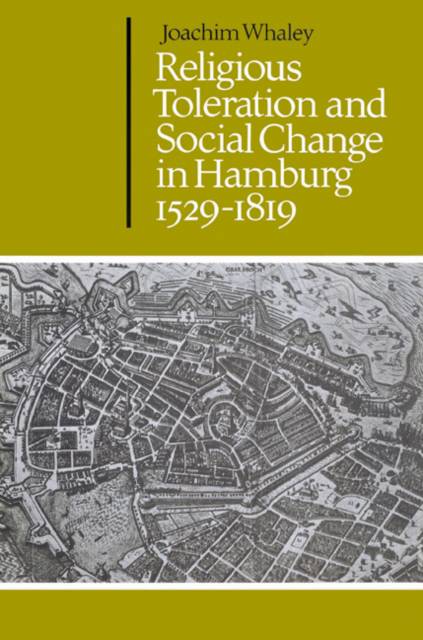
Je cadeautjes zeker op tijd in huis hebben voor de feestdagen? Kom langs in onze winkels en vind het perfecte geschenk!
- Afhalen na 1 uur in een winkel met voorraad
- Gratis thuislevering in België vanaf € 30
- Ruim aanbod met 7 miljoen producten
Je cadeautjes zeker op tijd in huis hebben voor de feestdagen? Kom langs in onze winkels en vind het perfecte geschenk!
- Afhalen na 1 uur in een winkel met voorraad
- Gratis thuislevering in België vanaf € 30
- Ruim aanbod met 7 miljoen producten
Zoeken
€ 73,95
+ 147 punten
Omschrijving
The emergence of religious toleration was one of the main features of the development of Western society after the Reformation. While previous research has concentrated largely on ideas of toleration, this study of the Lutheran Imperial City of Hamburg analyses the way in which those ideas were received and gradually implemented. Hamburg was one of the most dynamic mercantile centres of early modern Europe. It attracted substantial numbers of Catholics, Calvinists and Jews. Dr Whaley examines the factors, which influenced the often uneasy relationship with the Lutheran majority. He illuminates the interaction between religion, politics and social change, and shows the impact of international movements and German Imperial legislation on local controversies. An analysis of the major religious and secular festivities, like the centenaries of the Reformation, illuminates those deep-rooted political and ideological factors which cancelled out the obvious economic and humanitarian arguments in favour of open toleration.
Specificaties
Betrokkenen
- Auteur(s):
- Uitgeverij:
Inhoud
- Aantal bladzijden:
- 264
- Taal:
- Engels
- Reeks:
Eigenschappen
- Productcode (EAN):
- 9780521528726
- Verschijningsdatum:
- 18/07/2002
- Uitvoering:
- Paperback
- Formaat:
- Trade paperback (VS)
- Afmetingen:
- 155 mm x 230 mm
- Gewicht:
- 412 g

Alleen bij Standaard Boekhandel
+ 147 punten op je klantenkaart van Standaard Boekhandel
Beoordelingen
We publiceren alleen reviews die voldoen aan de voorwaarden voor reviews. Bekijk onze voorwaarden voor reviews.









